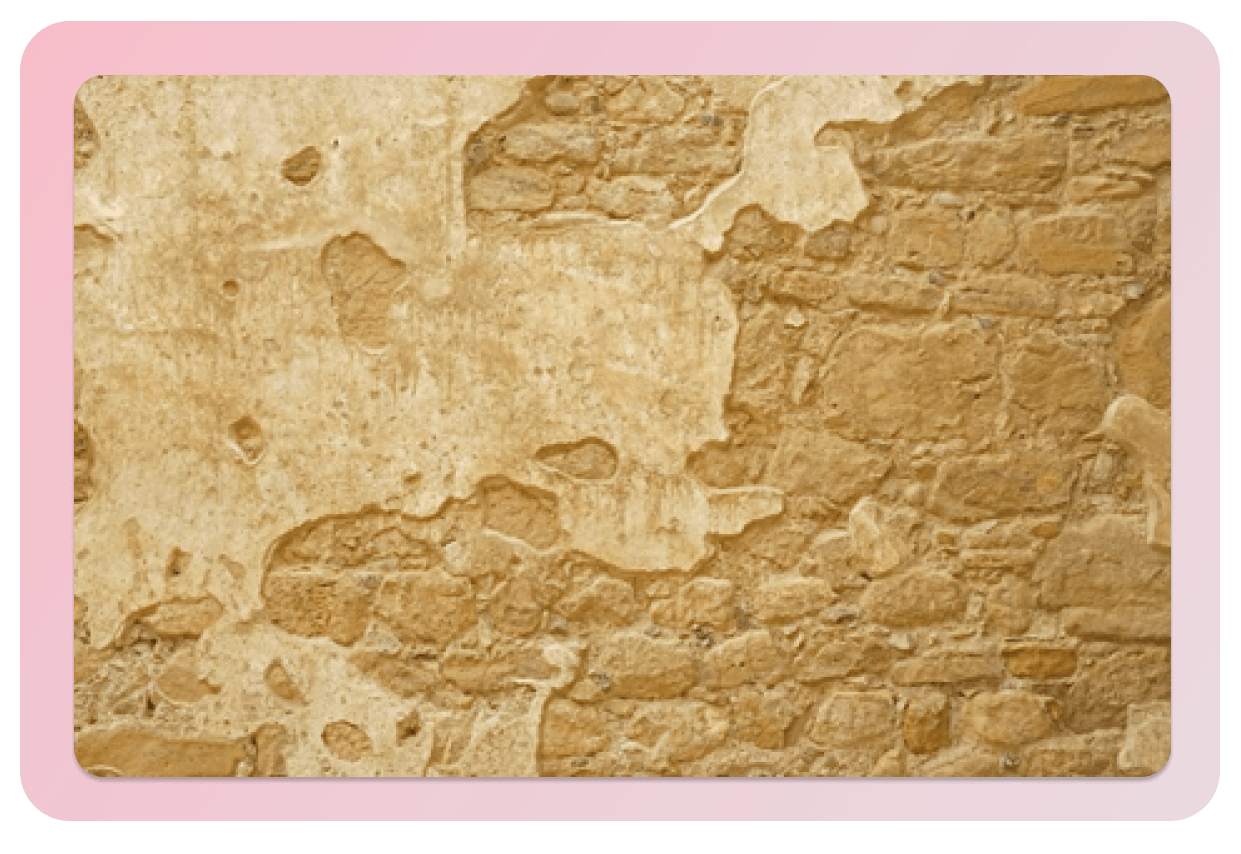Black History Month: Mansa Musa and Other Notable Black Muslims
This year's Black History month is about 'Time For Change: Action Not Words'. We will be giving you some tangible actions you can take to be an ally to your black community, friends and colleagues later on in this blog. But, first, we will take time to acknowledge some of the most prominent black Muslim figures of the past, who have had significant impacts in history.
Islam and Africa
Islam came to Africa in the early 7th century, and it is believed to be the first continent to embrace Islam after Southwestern Asia. Today, about one-third of the Muslim population resides there, and as of 2022, Muslims constitute approximately 45% of Africa's population. From North Africa to South Africa, through the Swahili Coast to West Africa, Muslims are all over the continent.
The Mali Empire

The kingdom of Mali was renowned as one of the richest and most prosperous empires of the 14th century. Its territory at the time stretched across the modern-day countries of Mauritania, Senegal, Mali, Burkina Faso, Niger, Nigeria, Chad, Gambia, Guinea and Burkina Faso. From north to south, it covered an area more than half a million square miles, from the swathes of land south of the Sahara to the thick tropical forests of equatorial Africa. The kingdom was lavishly enriched with gold, salt, cola nuts and ivory, which were in great demand in the markets of the Mediterranean. But above all, it was endowed with gifted and far-sighted rulers like Mansa Musa - an outstanding, yet overlooked individual, whom we will be paying particular focus on this black history month.
Undoubtedly, one of the best and most prominent black Muslim figures to have walked this earth is Bilal (RA). Whilst we will be delving into the life of this honourable man, it's always been of wonder who and what is beyond Bilal? You don't have to look too hard to find that there have been many notable black Muslim figures and this blog will take a look at those known and not so known individuals, who have been a source of inspiration, courage and bravery for generations.
Who was Mansa Musa?

Who do you think of when asked about the richest people on Earth? Maybe you will say Bill Gates, Rockafella or Elon Musk. But, according to historians, the richest man to have ever lived was Mansa Musa, Musa Keita I. A Muslim Malian King, Mansa meaning King, Mansa Musa ruled over the Mali empire from 1312 to 1337. With an estimated fortune of 400 billion dollars, Mansa Musa's immense generosity caught the attention of Europeans and Arabs during his journey to Mecca to complete his Hajj.
The journey to Hajj

As a devout Muslim, Mansa Musa prepared his pilgrimage soon after he took his position from Abu Bakri II in 1312. During these preparations, which we must add took years, Mansa Musa used the knowledge of his Malian scholars, and the resources of his rich land to prepare for the pilgrimage. Finally, in 1324 he took thousands of servants, some say as many as 60,000, with him. More than 80 camels were loaded with 300 pounds of gold and other needed goods for the trip of over four thousand kilometres.
During his voyage he stopped in the Egyptian cities Alexandria and Cairo. This is where his kindness attracted the Arabs and European interest. It is said that he gave away his gold to whomever he met, especially the poor on the streets of Cairo and Alexandria, and he would build mosques each Friday on his way to Mecca.
Gaining a spot on the maps

There had been tales from Italian merchants and Egyptians about the sub-Saharan African Muslim King, who was loaded with gold. This earned Mansa Musa a spot on the Maps drawn by Arabs and Europeans. On his way home, Mansa Musa brought with him Arab scholars, architects, and bureaucrats to further build his empire. An example of the exquisite architecture of the time is the Djinguerber mosque, part of the University of Timbuktu.
Timbuktu became a famous scholarly, cultural and flourishing trade city in these years - a place people from Europe, Asia, and Northern Africa came to learn, trade, and live. The number of madrasas and libraries grew, and as Islamic leaders and kingdoms increased in the exchange of commerce, scholars and poets Timbuktu became the centre of Islamic studies and trade in Sub-Saharan Africa.
New Reign
Mansa Musa demise came in 1337, it's unclear what caused his death, but based on some historic evidence, it seems that he died of natural causes in his 50s. It was then his son Maghan I who became Mansa (king), but his rule did not last as long. Attacks from Morocco and the kingdom of Songhai soon meant the downfall of this great Islamic Kingdom.
Now, we go on to look at the lives of a few other notable black Muslims...
To read on, download the Muslimah app where you can find the rest of this blog.












